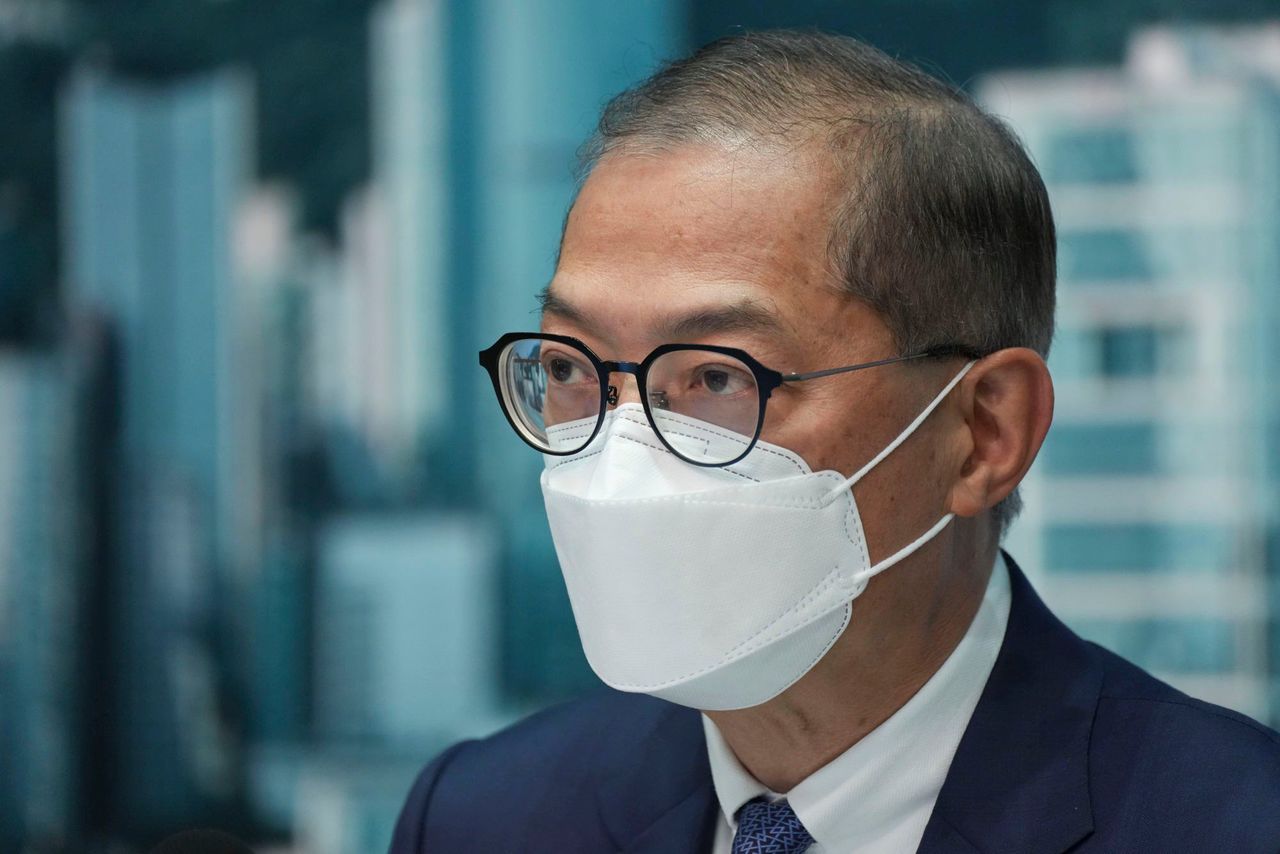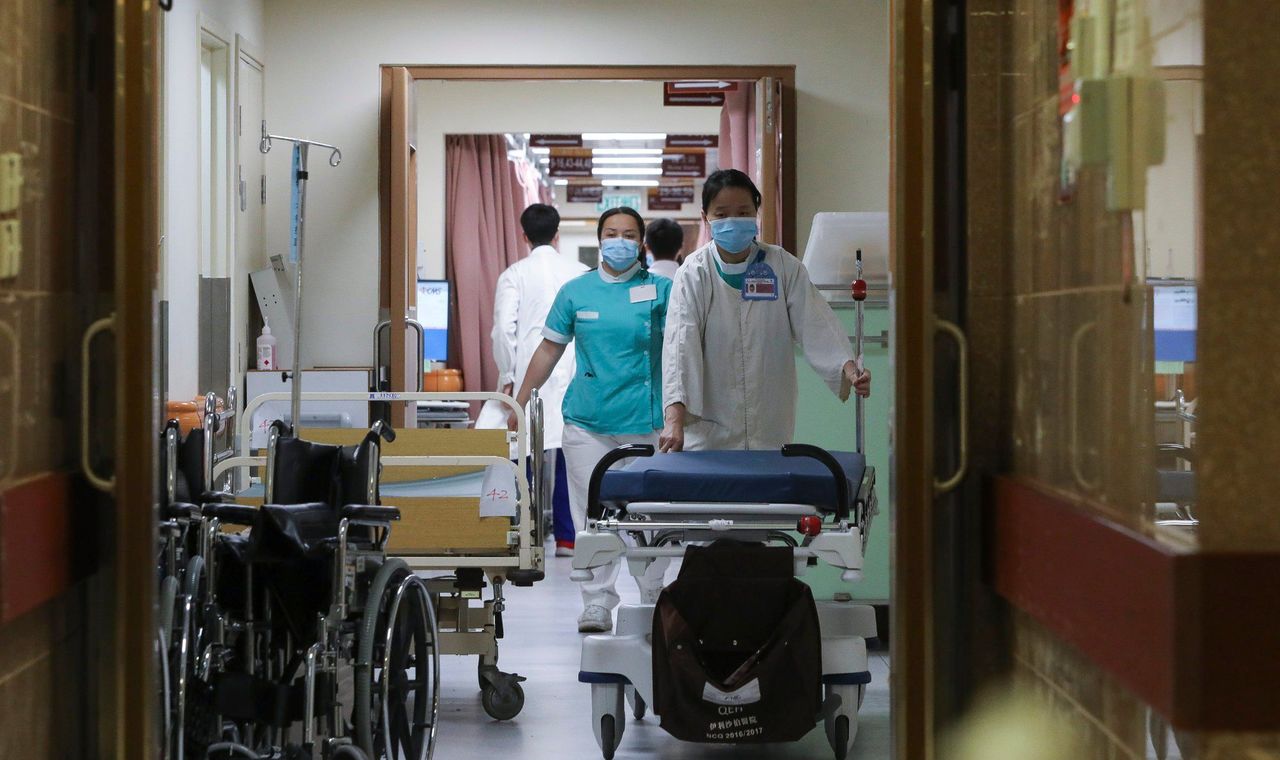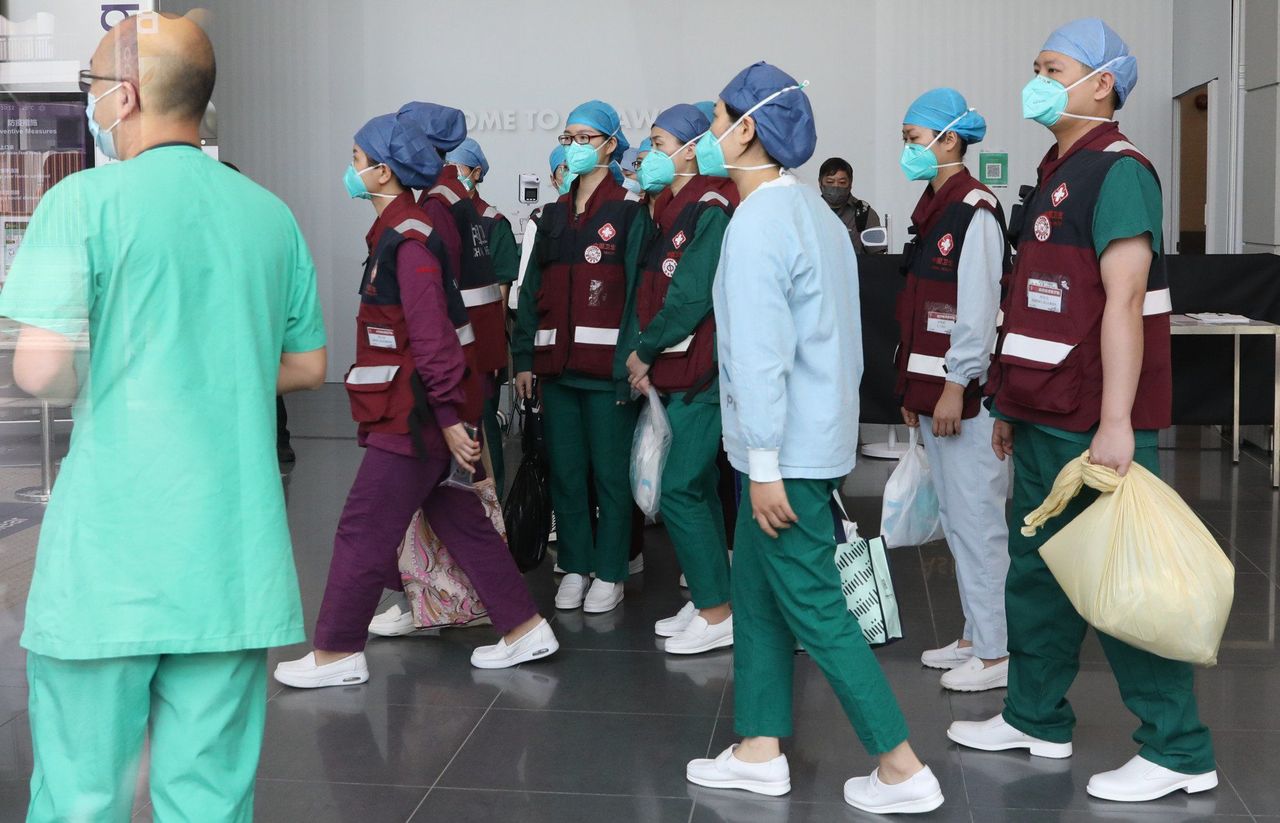Hong Kong News

Hong Kong nursing body to decide eligibility criteria for new scheme: health chief
Hong Kong’s nursing regulator will decide the eligibility criteria for non-locally trained nurses who apply to work in the city without taking the licensing exam, the health minister has said, as he sought to allay fears over the quality of professionals admitted under a new scheme that aims to plug a manpower shortage.
Secretary for Health Lo Chung-mau on Friday addressed lawmakers who had raised concerns about the quality of nurses hired through the proposed pathways, and how attractive the scheme would be.
“We will let the Nursing Council make the final decision on the criteria and standards, after consulting opinions of the sector,” he said in the Legislative Council meeting. “[The criteria] could be where they have practised and which disciplines they specialise in.”
 Health minister Lo Chung-mau says the city’s nursing regulator will have
the final say on eligibility criteria under the new scheme.
Health minister Lo Chung-mau says the city’s nursing regulator will have
the final say on eligibility criteria under the new scheme.
Under the proposal submitted by the Health Bureau earlier this week, non-locally trained nurses, who do not have to be permanent residents, can skip the regular licensing exam.
They would be admitted to practise in the city through one of two pathways. The first would allow candidates to enter through a limited registration or enrolment scheme under which nurses would work in nursing schools or care homes. The second would admit nurses through a special registration scheme to work for the Department of Health and the Hospital Authority.
Those hired through the special registration scheme would be able to obtain a full license, meaning they would qualify to practise in both public and private sectors after having worked “satisfactorily and competently” in a full-time capacity at an institution for “a certain period”.
The proposal would also introduce a temporary registration mechanism for nurses from other jurisdictions who come to the city for academic exchanges or clinical demonstrations and stay for only short periods of time.
An amendment bill is expected to be tabled for scrutiny in the middle of the year.
According to a projection made in 2021 for healthcare manpower, the nurse shortage was estimated to reach more than 3,000 nurses by 2025, and over 5,000 by 2040.
Lo said the Nursing Council of Hong Kong would decide the eligibility requirements of nurses for the newly proposed schemes.
 Nurses at the Queen Elizabeth Hospital in Yau Ma Tei.
Nurses at the Queen Elizabeth Hospital in Yau Ma Tei.
Lawmakers expressed concerns about the quality of non-locally trained nurses who could practise in the city without a licensing exam.
“If there isn’t a need for a licensing exam, how can we ensure the quality of the nurses?” said Chan Pui-leung, who represents the Election Committee constituency. “Is there an objective standard to assess what it means to have worked ‘satisfactorily and competently’?”
Lo said that non-locally trained nurses joining public healthcare institutions would be working in a team where they would receive on-the-job training and assessment.
“I have confidence in nurses who have worked in a healthcare institution and have been approved by their supervisors,” he said.
He added the government would still need to consult the sector to decide details such as the minimum number of years required for nurses admitted through the special registration scheme to gain a full licence in the city.
Other Legco members also raised questions on whether the city could retain its talent despite the recruitment schemes.
“Our salaries might be higher, but the working environment, living environment and working hours are not as attractive as other countries,” lawmaker Judy Chan Kapui said.
 Mainland Chinese medical staff arrive in Hong Kong during the city’s pandemic battle.
Mainland Chinese medical staff arrive in Hong Kong during the city’s pandemic battle.
Lo admitted the sector’s poor working environment and manpower shortage had formed a vicious cycle, which he hoped to break.
“If we can solve the manpower issue, the working environment will be more satisfactory and they will not need to work [such] long hours,” Lo said
The health minister noted that the city’s shortage of nurses could no longer be addressed by simply boosting local training quotas or trying to attract overseas-trained nurses who then have to sit a licensing exam.
Lo revealed that in recent years there had been fewer applicants for the city’s licensing exam, which had a low passing rate. In 2021, only 11 of the 73 people sitting for the first part of the exam achieved a passing mark. Among the eight people who took the practical part of the assessment in the same year, only four passed.
“Every year, there is only a single-digit number of nurses recruited in Hong Kong through the licensing exam,” he said.
The government is currently conducting the latest round of the healthcare manpower projection, which is expected to be completed by the end of the year. The forward-looking measure covers 13 healthcare professions, including doctors, nurses, dentists and Chinese medicine practitioners.











